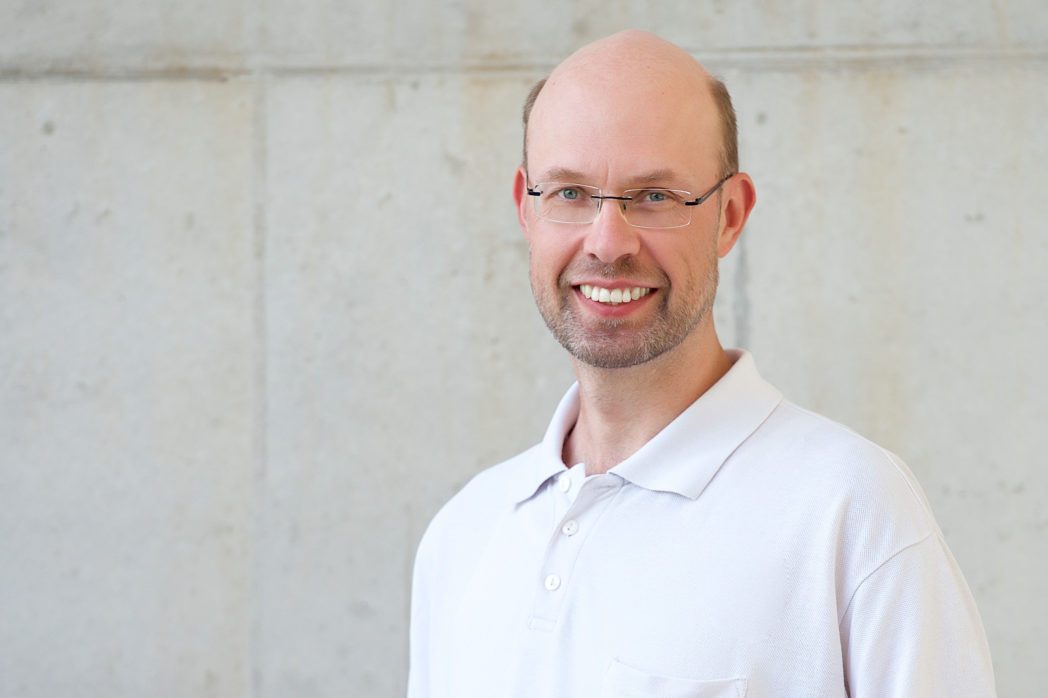Mr. Borgelt, you have been a professor of Data Science in Salzburg since autumn 2018. What do you find exciting about Salzburg and your field of work?
I found the opportunity to contribute to the development of the Data Science program in Salzburg from the beginning to be very exciting. In reality, not enough is being done in the field of Data Science education. The topic is currently very relevant, even for companies. There were already some interesting works on this subject in the mid-1990s. Back then, it was called Data Mining, but it took a while for it to gain more attention in the industry. I believe now is the time when companies are realizing how much work still needs to be done. And it is important to train people accordingly.
Salzburg took the initiative to fill this gap with the Data Science program and offer what is needed in the industry. My research fits well here and focuses on topics that were not yet covered in Salzburg, such as finding frequent patterns. Additionally, I have specifically been involved in teaching artificial neural networks. This area of Deep Learning is currently very popular.
Could you explain Deep Learning in more detail?
Deep Learning is the training of “deep” (comprising many layers) artificial neural networks that are inspired by the structure and functioning of biological brains and central nervous systems. Through such networks, significant progress has been made in object recognition in images in recent years. This is crucial, for example, in the development of self-driving cars or complex games like Go and Chess, where the system plays at a level beyond human capabilities without manual programming of human knowledge. In the Data Science program in Salzburg, students are introduced to this technology through the lecture “Artificial Neural Networks and Deep Learning.”
Are there opportunities for students to customize their studies in the Data Science program?
Some core lectures are mandatory, but students have a relatively large range of elective courses. In the field of Data Science, there are many approaches, various methods, and different directions that students can specialize in. I advocate for not exclusively solving problems using a single favorite method. I want to convey this mindset to the students as well. Everyone has their own areas of expertise, but it is better to work problem-oriented. First, look at the problem itself and then consider which method might be a suitable solution.
For companies, it is also important that graduates not only have knowledge of specific methods and try to apply them but also work in a problem-oriented manner. That’s why an education that emphasizes the breadth of the method spectrum is so crucial.
The program also includes a mandatory industry internship. Is this a win-win situation for both companies and students?
Yes, definitely. What we usually do is bring together companies and students through a kind of speed dating format. Representatives from industry companies get to know students through short conversations, just like in traditional speed dating. If there is a suitable match, internships are arranged. Students can gain experience there, see what is needed in practice, and possibly even align their studies accordingly. Companies get in touch with individuals who may eventually become employees in their organization. This happens quite frequently.
